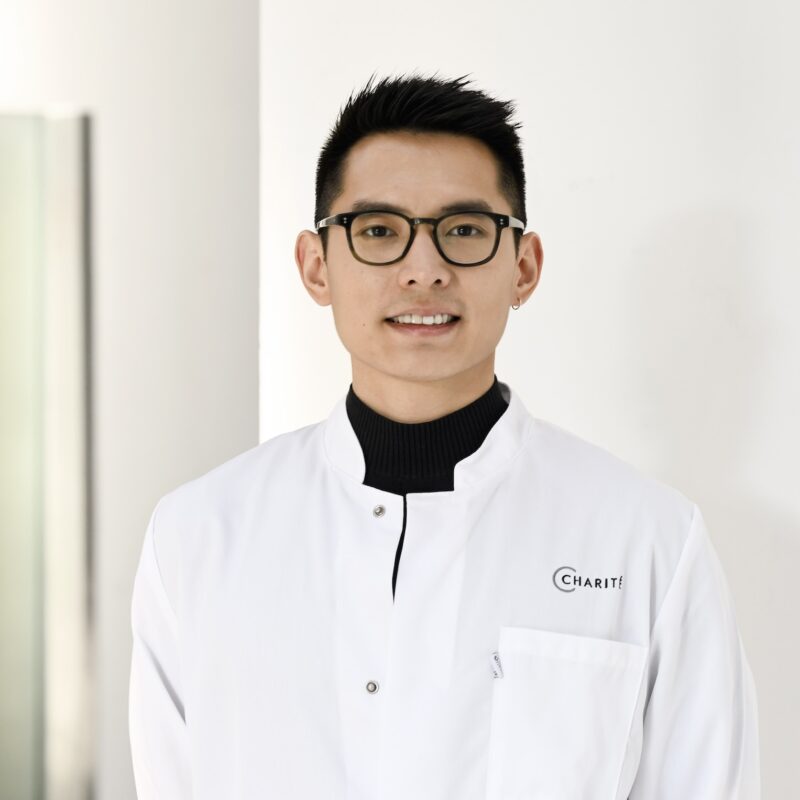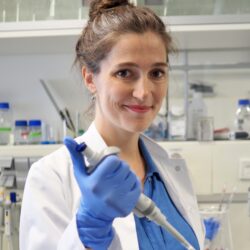Rare diseases affect children and adolescents in eight out of ten cases. Their participation in medical progress therefore depends crucially on dedicated pediatricians who are committed to the balancing act between bedside and laboratory. The Alliance4Rare research network initiated by the Eva Luise and Horst Köhler Foundation provides structured Clinician and Medical Scientist Programs (CS4RARE) to prepare researching paediatricians for this challenging task and to give them the necessary freedom for scientific work at a high level. The programs grant participants protected research periods in which they are released from clinical duties to advance scientific projects on rare diseases.
Dr. Chua, you are a Medical Scientist in the Alliance4Rare funding project “Biliary Atresia”, which is researching the rare liver disease biliary atresia. What made you choose the path of basic research?
I was already a very curious person as a child. As I grew older, this curiosity developed into a desire to understand how the human body works in both health and disease. Now, as a scientist, I can directly contribute to the understanding of the molecular basis of disease, touching more lives than I could have ever imagined.
Basic research is the foundation on which future drugs or interventions are built. How can we successfully tackle rare and complex diseases if we don’t understand things at the molecular and cellular level? Therefore, I believe it is important to investigate things at this level using unbiased and high-throughput techniques such as high-resolution transcriptomic profiling (i.e. single-cell transcriptomics and spatial transcriptomics).
What are you currently working on and what would you like to achieve?
My research focuses on the study of inflammatory and fibrotic diseases at the molecular and cellular level using single cell and spatial transcriptome techniques. In the past, I have worked intensively on the pathology of COVID-19 and IPF (idiopathic pulmonary fibrosis). These experiences have taught me how certain cell types can have devastating effects on the human body when they go awry.
My vision for the biliary atresia project is to find out which cell types are key to the disease and its severity, and to identify their signatures which can hopefully be targeted in the future. Only by studying biliary atresia on such a scale can we hope to identify new targets with high translational value.
What does Alliance4Rare mean for you and what opportunities does the funding give you that you wouldn’t have otherwise?
The Alliance4Rare program is a unique program that deals specifically with rare and complex diseases. Normally one hears the argument that diseases that affect the majority of the population should be studied because of their high medical and economic burden. This would mean that rarer diseases such as biliary atresia are overlooked and under-researched. That is not the way it should be, as everyone deserves a chance to live a normal and happy life. With this program, researchers like I can hope to give these people a better future.
Dr. Robert Lorenz Chua received his PhD from the Berlin Institute of Health (BIH) at Charité and Freie Universität Berlin, where he studied inflammatory and fibrotic diseases of the lung using single-cell transcriptomics (Prof. Dr. Christian Conrad and Prof. Dr. Roland Eils). At the interface of computational and experimental research, he hopes to answer complex questions by using both wet and dry lab techniques to study similarly complex diseases such as biliary atresia.



